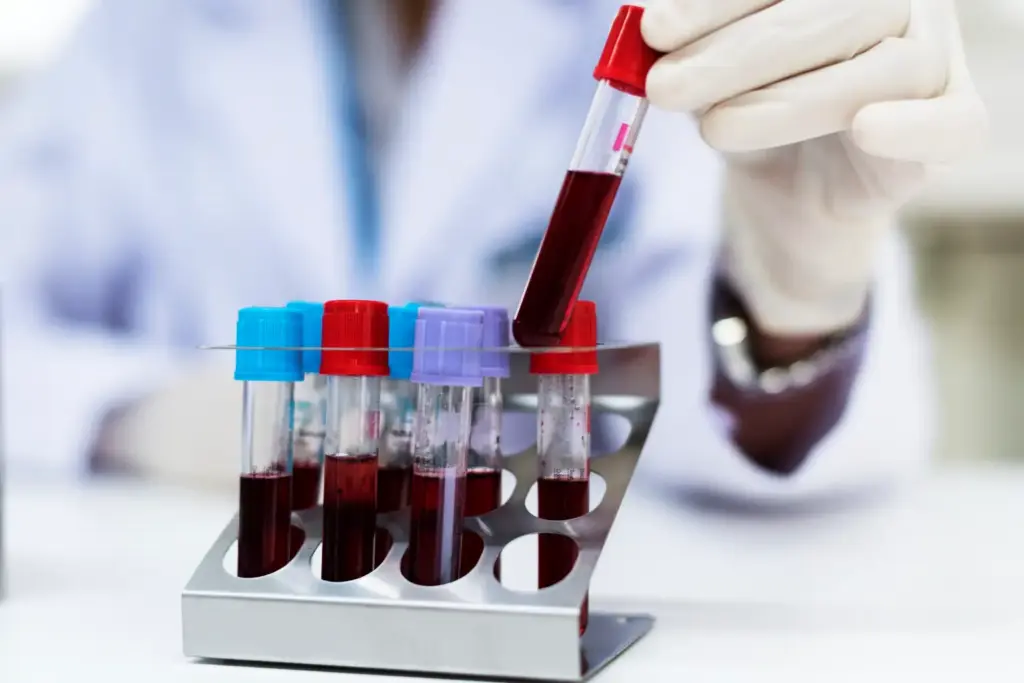
Blood test for Alzheimer’s: The Korea Research Institute of Standards and Science (KRISS) has developed a diagnostic platform that amplifies molecules’ optical signals by more than 100 million times, enabling precise, low-cost detection and quantification of trace Alzheimer’s disease biomarkers from simple body-fluid samples. The technology is designed to complement imaging-based diagnostics such as PET and MRI and to support earlier diagnosis and ongoing disease monitoring.
Alzheimer’s disease, responsible for an estimated 60–70% of dementia cases, remains without a curative treatment, making timely detection critical.
Also Read | Eye exams may help detect Alzheimer’s risk years before symptoms: Study
KRISS’s Medical Metrology Group reports an ultrasensitive, multiplexed quantitative sensing platform based on surface-enhanced Raman spectroscopy (SERS). The approach, which the team says is over 100,000 times more sensitive than conventional ELISA assays, can simultaneously and accurately measure multiple biomarkers, most notably the amyloid-beta peptides Aß42 and Aß40, whose concentrations and ratio (Aß42/Aß40) are key to early Alzheimer’s assessment.
At the core of the platform are engineered, multi-type gold nanoparticles with a “sunflower” cross-section that create dense, uniform signal-enhancement sites inside and on the particle surface. This design yields strong, reproducible single-particle SERS signals and overcomes the non-uniformities seen with traditional spherical nanoparticles.
Using multiplex SERS nanoparticles, each with a unique optical ID, the team quantified ultra-trace levels of Aß42 and Aß40 down to 8.7 × 10?¹7 g/mL and 1.0 × 10?¹5 g/mL, respectively, a performance the researchers describe as world-leading for sensitivity and dynamic range in multiplex quantitative analysis.
“The sensing platform we have developed can be mass-produced at low cost and flexibly adapted to a wide range of biomarkers,” said Dr. You Eun-Ah, Principal Research Scientist at the KRISS Medical Metrology Group. “Beyond Alzheimer’s disease, it shows strong commercialisation potential for early and rapid in-vitro diagnosis and monitoring of cancers, neurological disorders and infectious diseases.”
The work was supported by the National Research Council of Science & Technology (NST) Research Initiative Program and KRISS’s Basic Research Program. Findings were published in April in Biosensors & Bioelectronics, a leading journal in analytical chemistry.
(Source: Biosensors & Bioelectronics)








